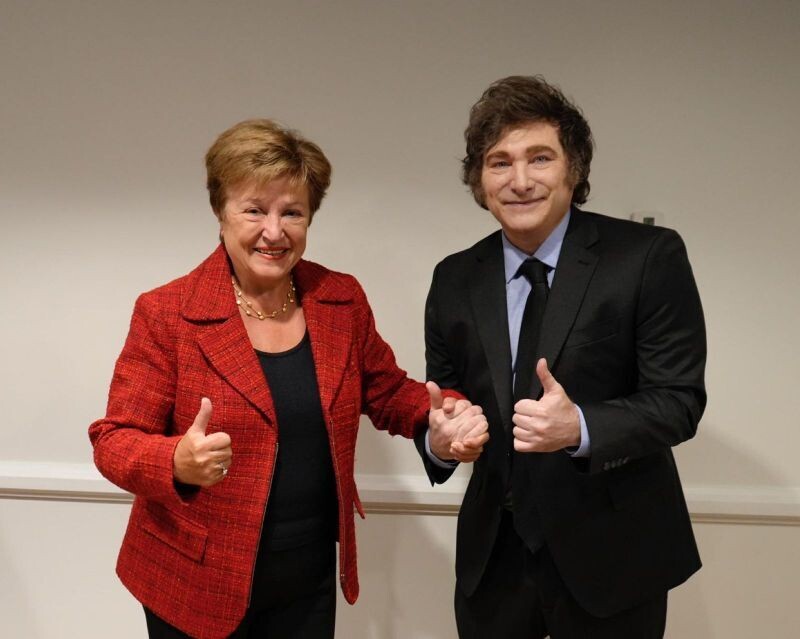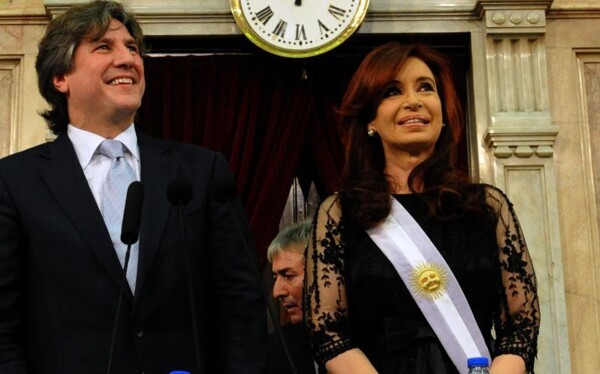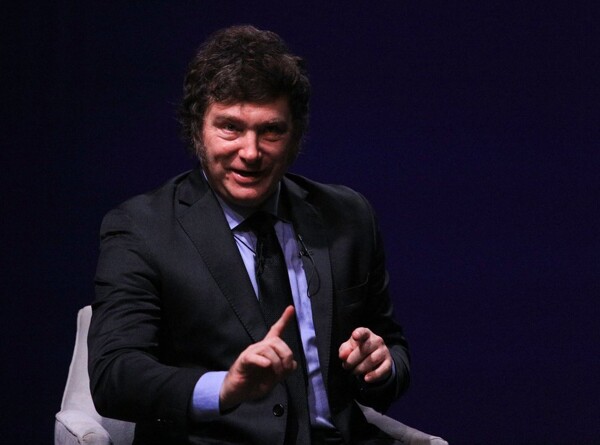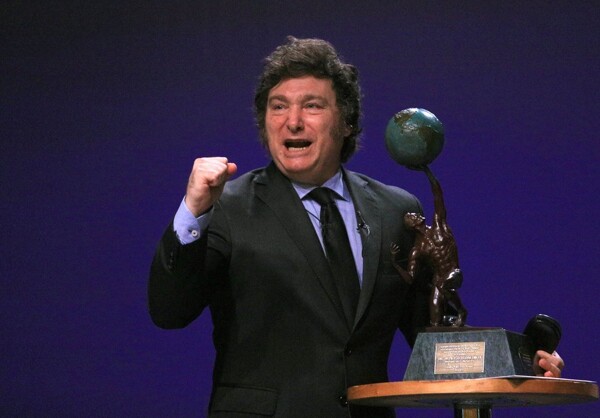
Alejandro Werner, former director of the Western Hemisphere of the International Monetary Fund, commented that the United States may not have as much weight in an agreement with the organization. He emphasized the importance of reviewing the exchange rate policy and expressed his concern about the lack of approval of a budget by Congress. He also mentioned that ideally there would be a two-part agreement, the first being Stand By until the mid-term elections and another later.
"The Fund is concerned that the budget in Argentina is not approved in Congress because it shows that there is no political consensus for those approvals," Werner pointed out. He highlighted that the mission that left without closing an agreement sends a signal about the existence of pending fundamental issues.
Regarding the extraordinary sessions called by the Government and the absence of the 2025 budget, Werner emphasized: "If the Fund is going to provide another $14 billion, it needs to see that political consensus." He suggested that the second stage of the agreement could take place after the elections, with the possibility that Milei and La Libertad Avanza would have greater presence in Congress.
The former IMF director mentioned that the organization is looking for a program for Argentina that accumulates reserves, which implies an exchange and monetary regime with a higher real exchange rate, high rates, and exchange flexibility. He indicated that devaluation is a key issue and that the Government should consider lifting the exchange controls, allowing the exchange rate to float and making other adjustments to ensure an exchange rate without lags in the future.
Regarding possible agreements, Werner suggested the need for significant changes in the Government's economic policy to receive fresh funds. He stressed that any disbursement must be accompanied by sustainable policies. In this context, he mentioned the possibility of a two-part agreement with disbursements intended to cover the debt with the IMF, without affecting reserves or forcing the country to seek financing in the markets.
Regarding the role of the United States in the negotiations, Werner downplayed its influence, although he did not rule out that it could exert pressure at critical moments. He considered that the memory of the previous program also affects decisions, along with the possibility of geopolitical concessions by Argentina. In that regard, he assessed that the policies must be sustainable and aligned with the IMF's requirements.














